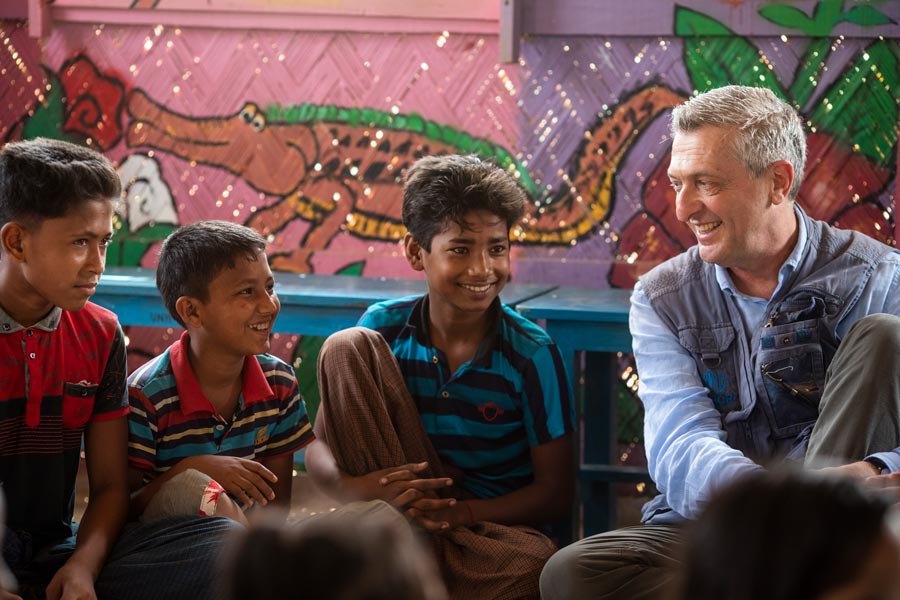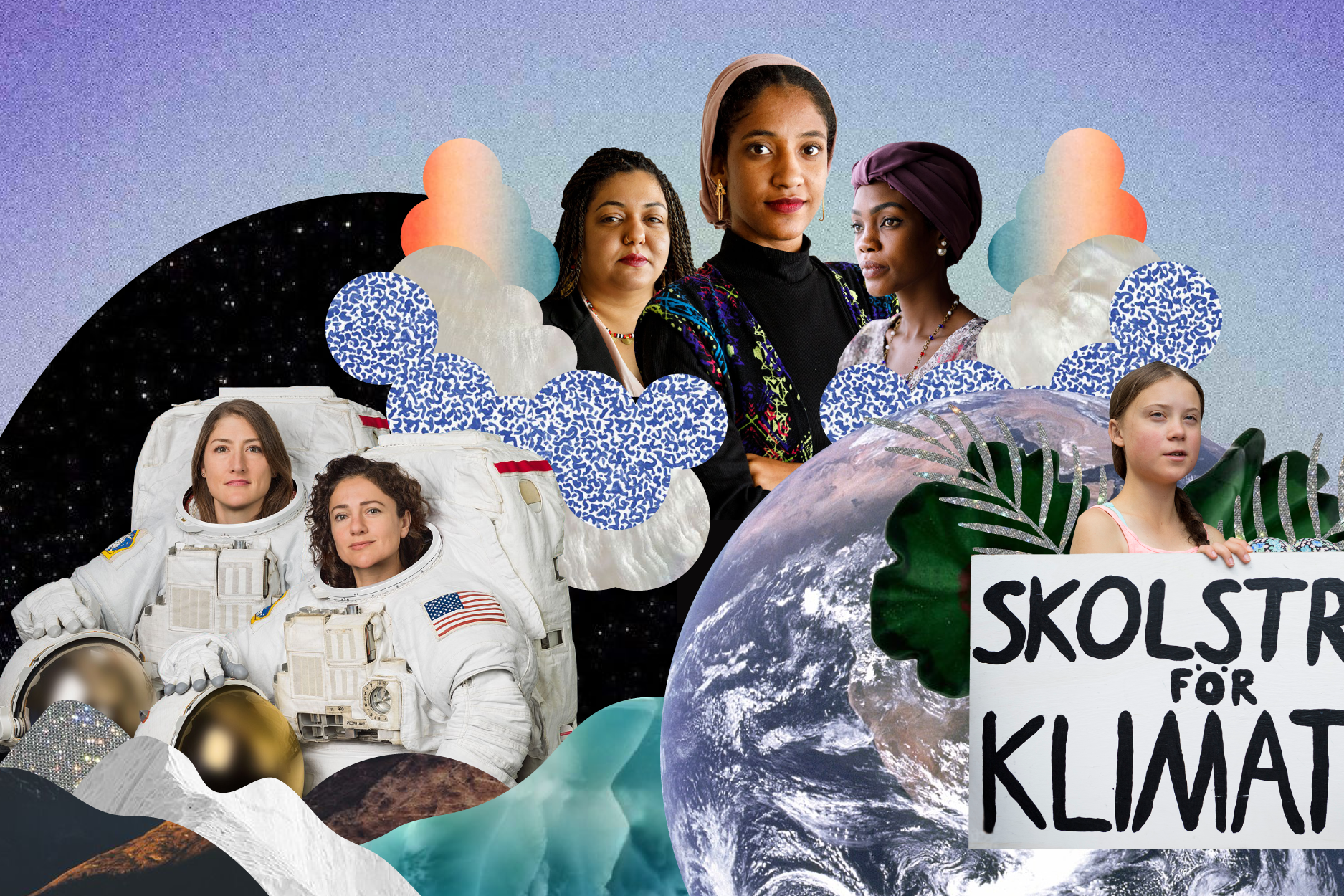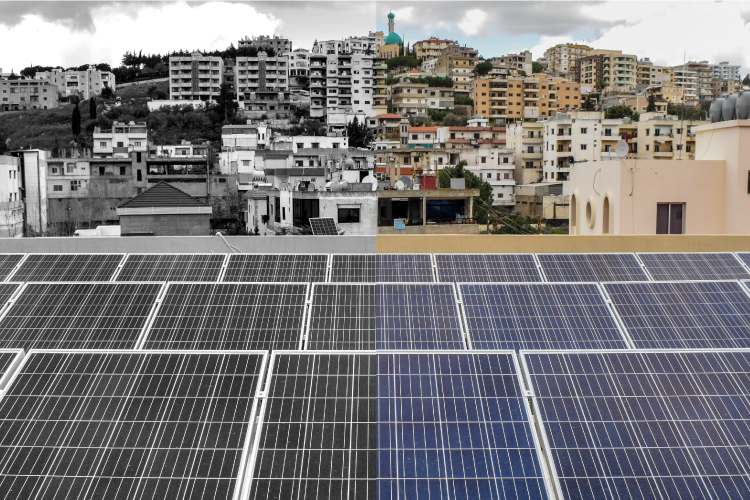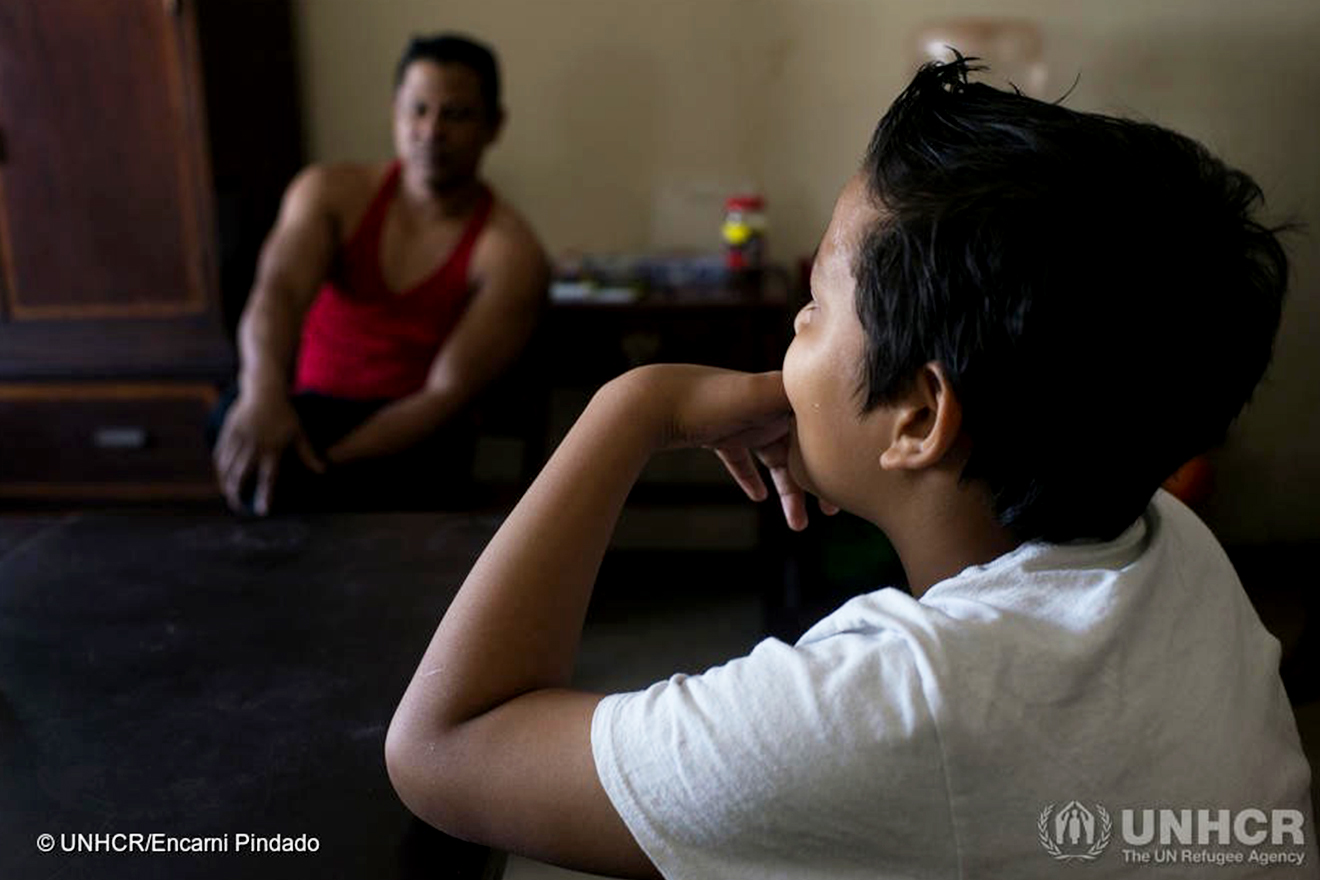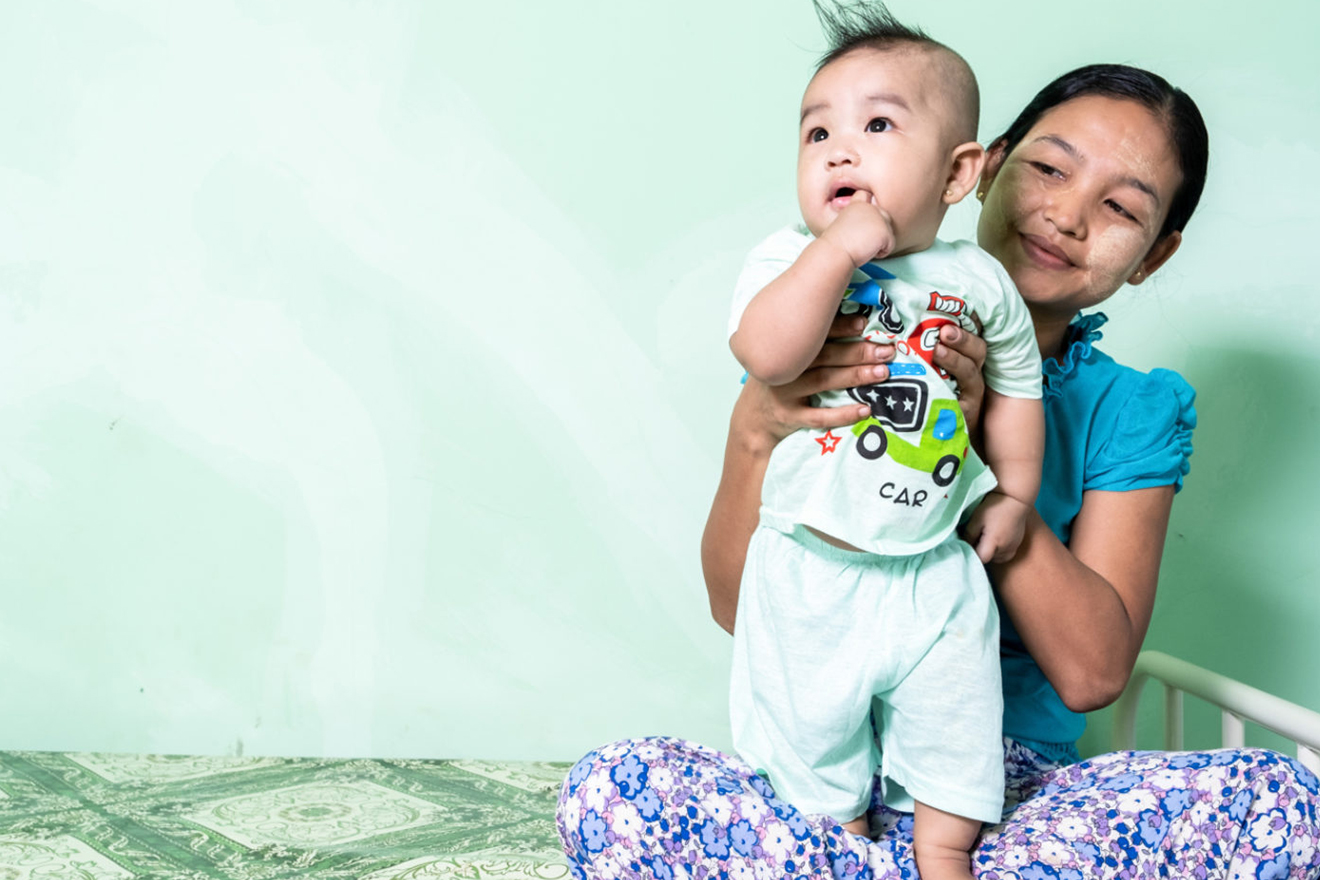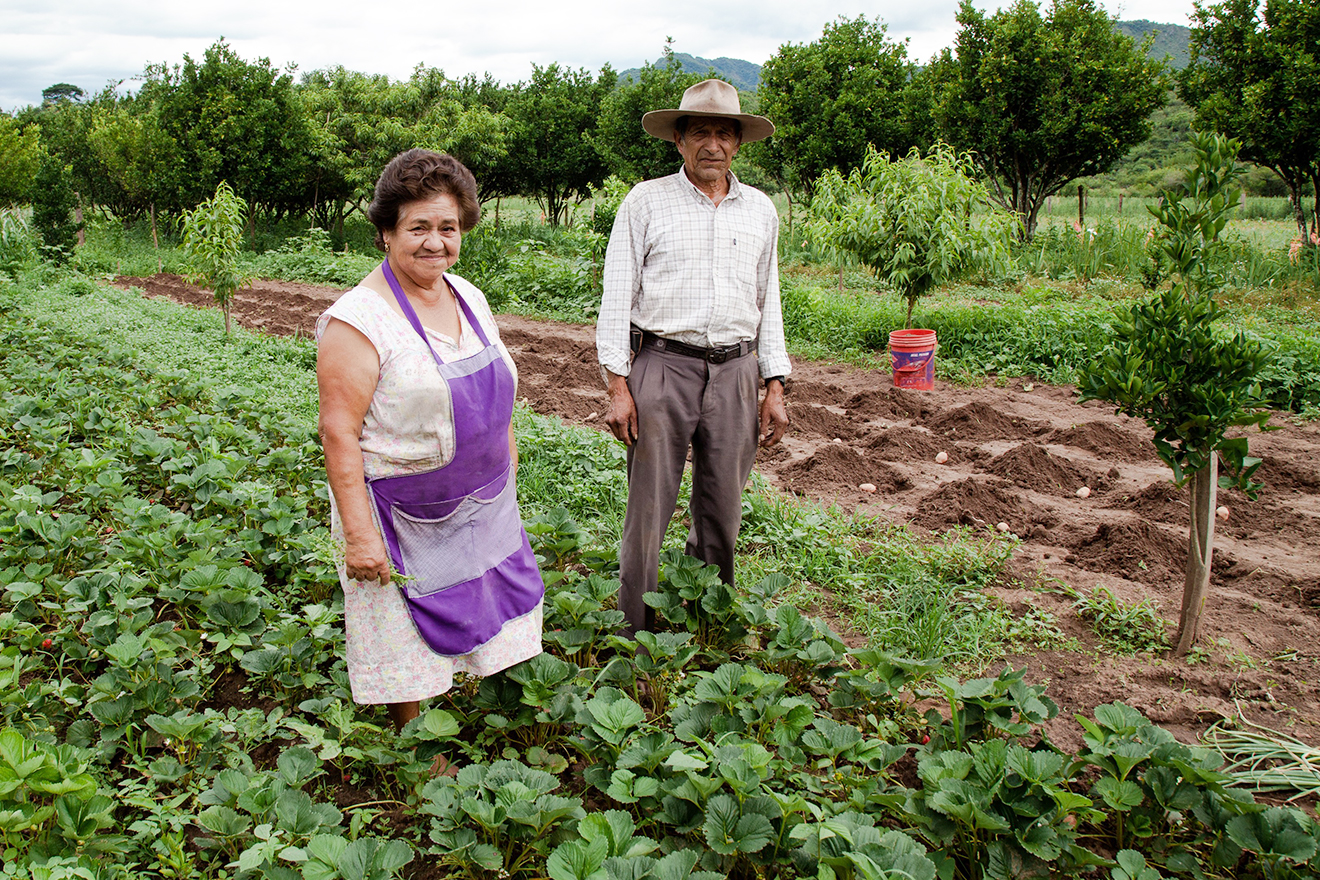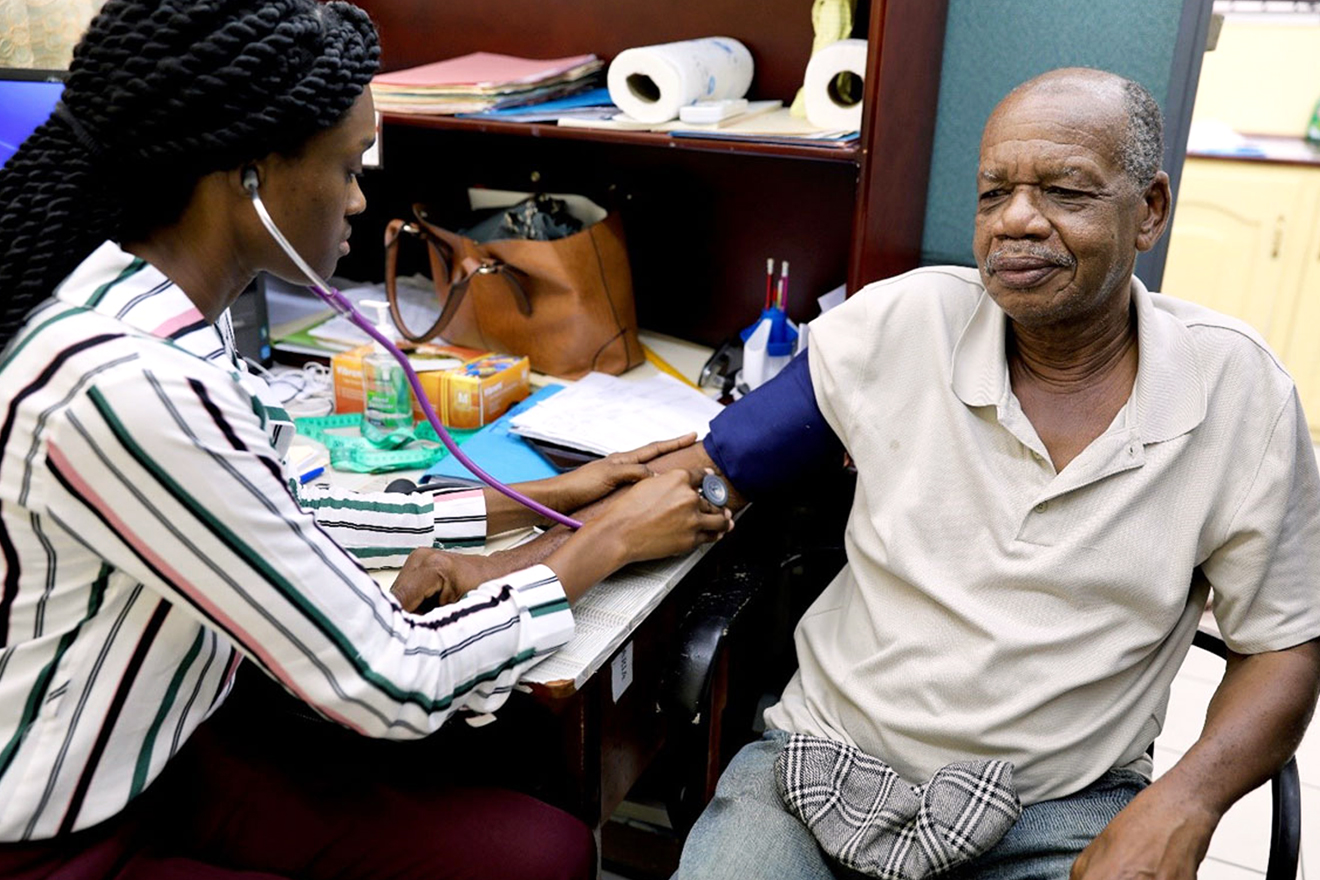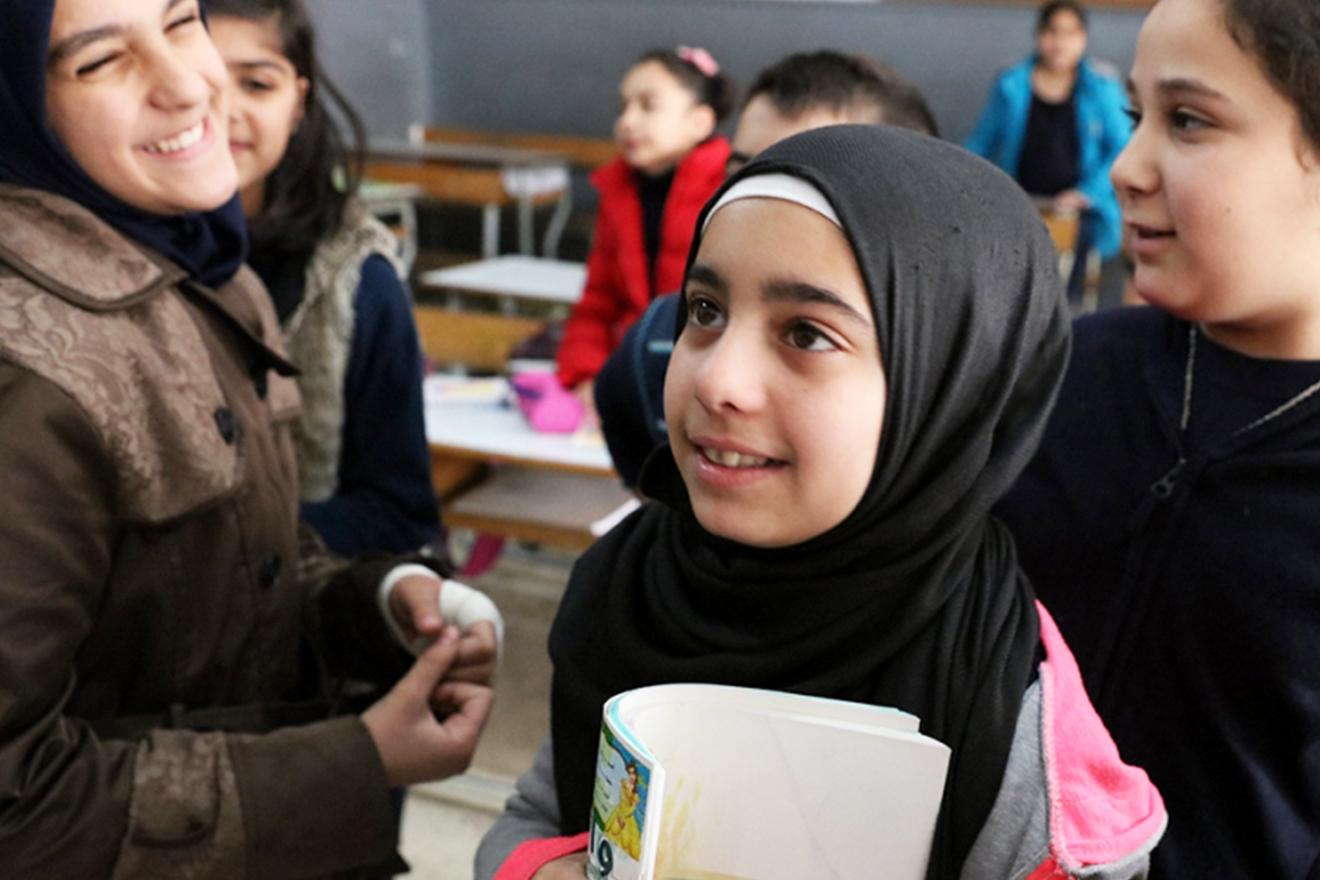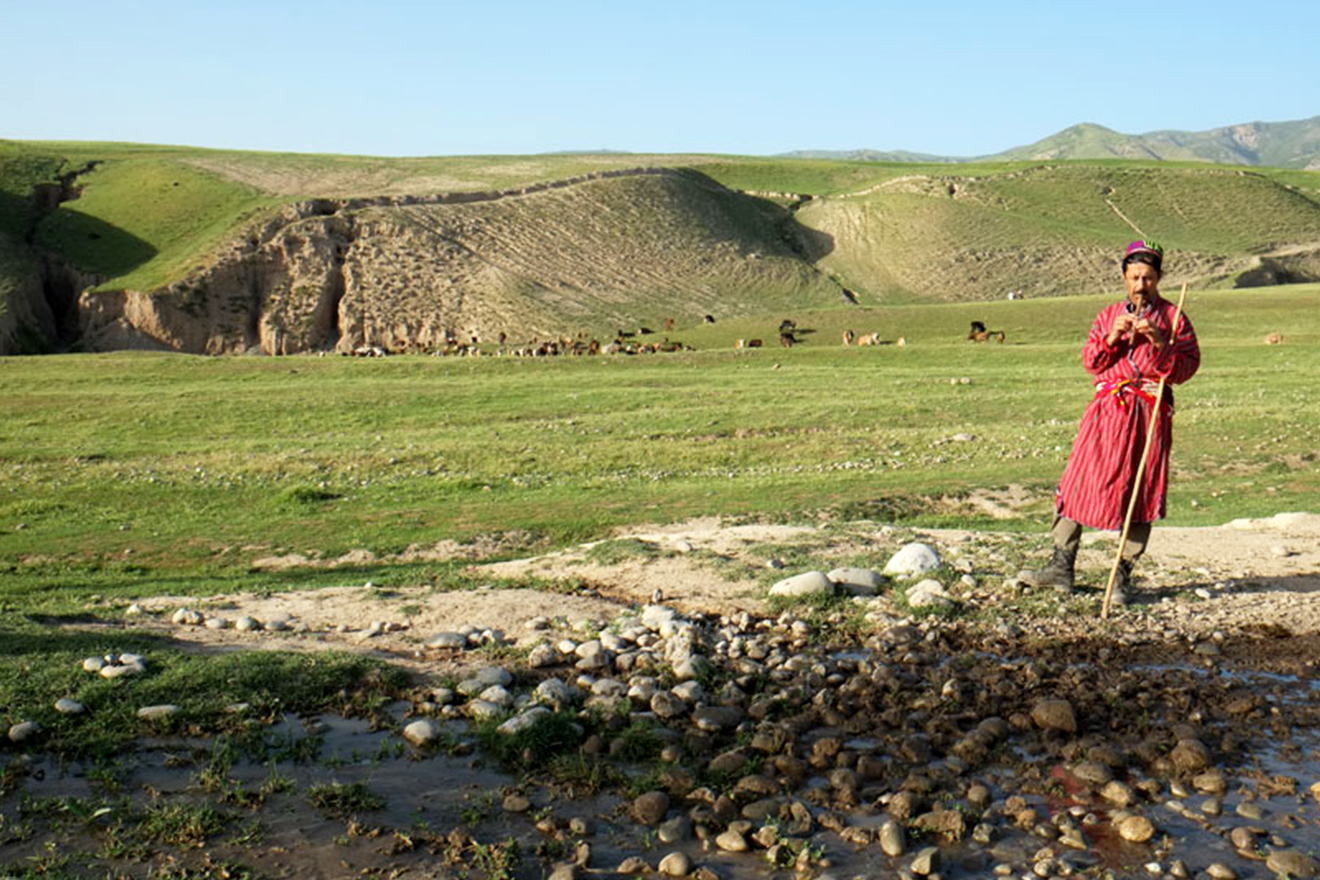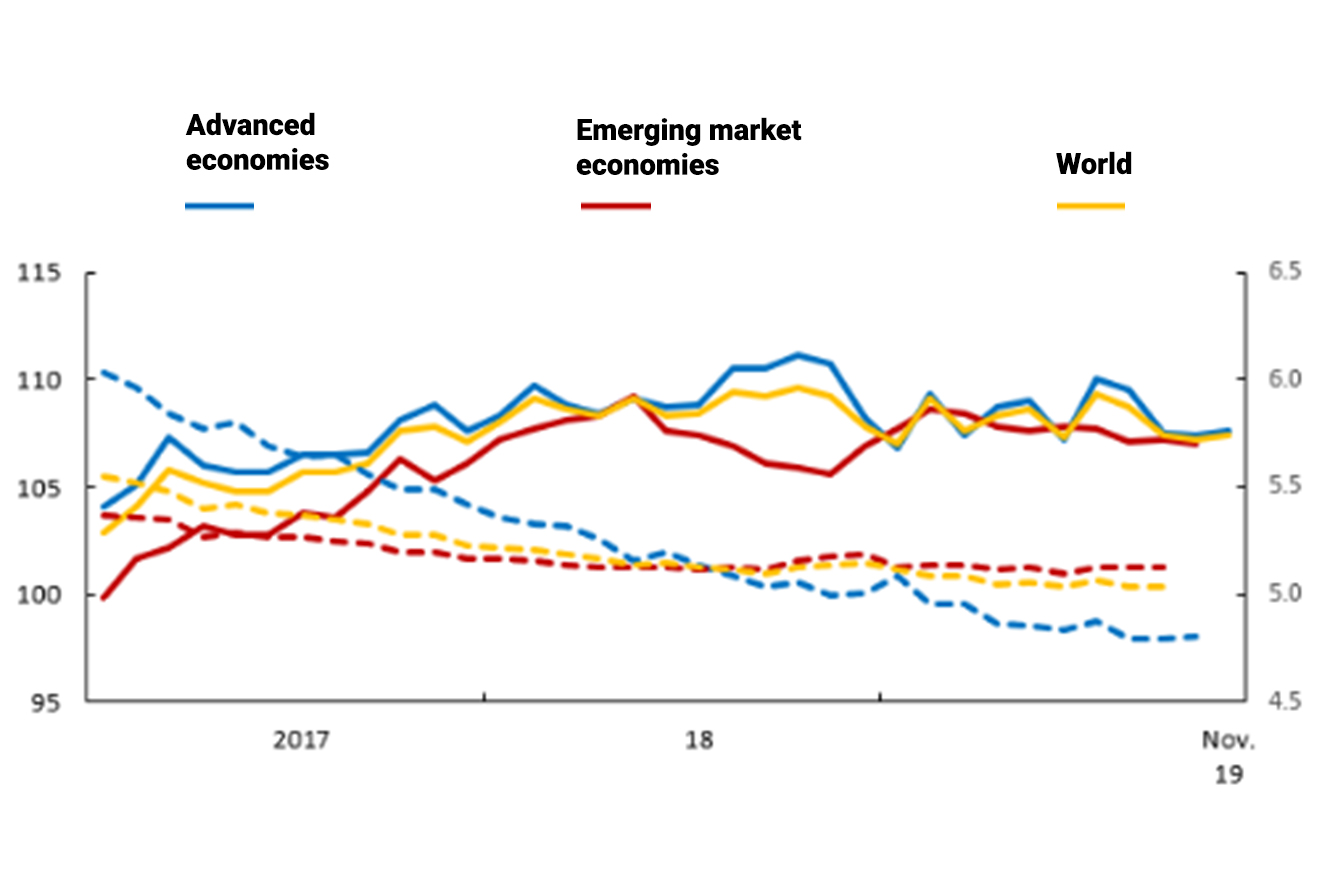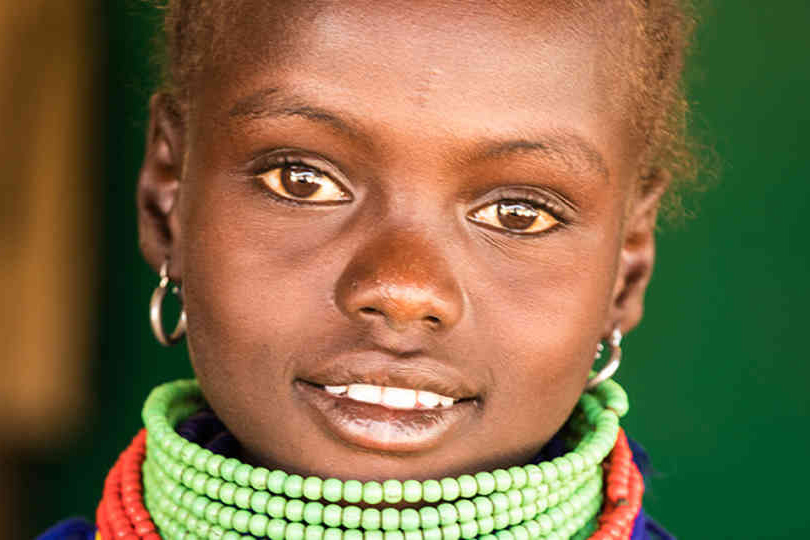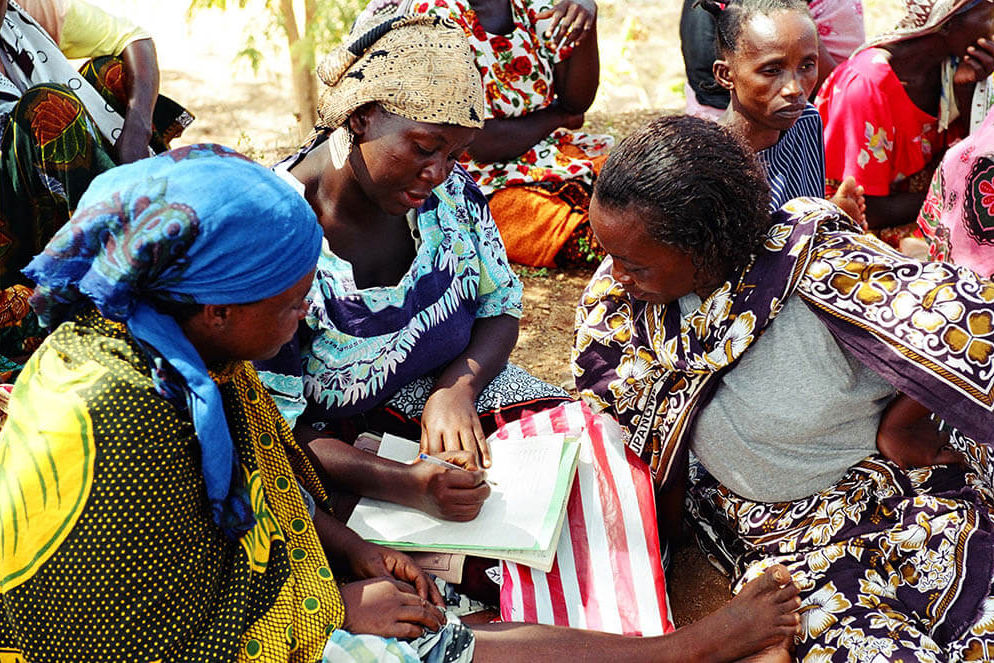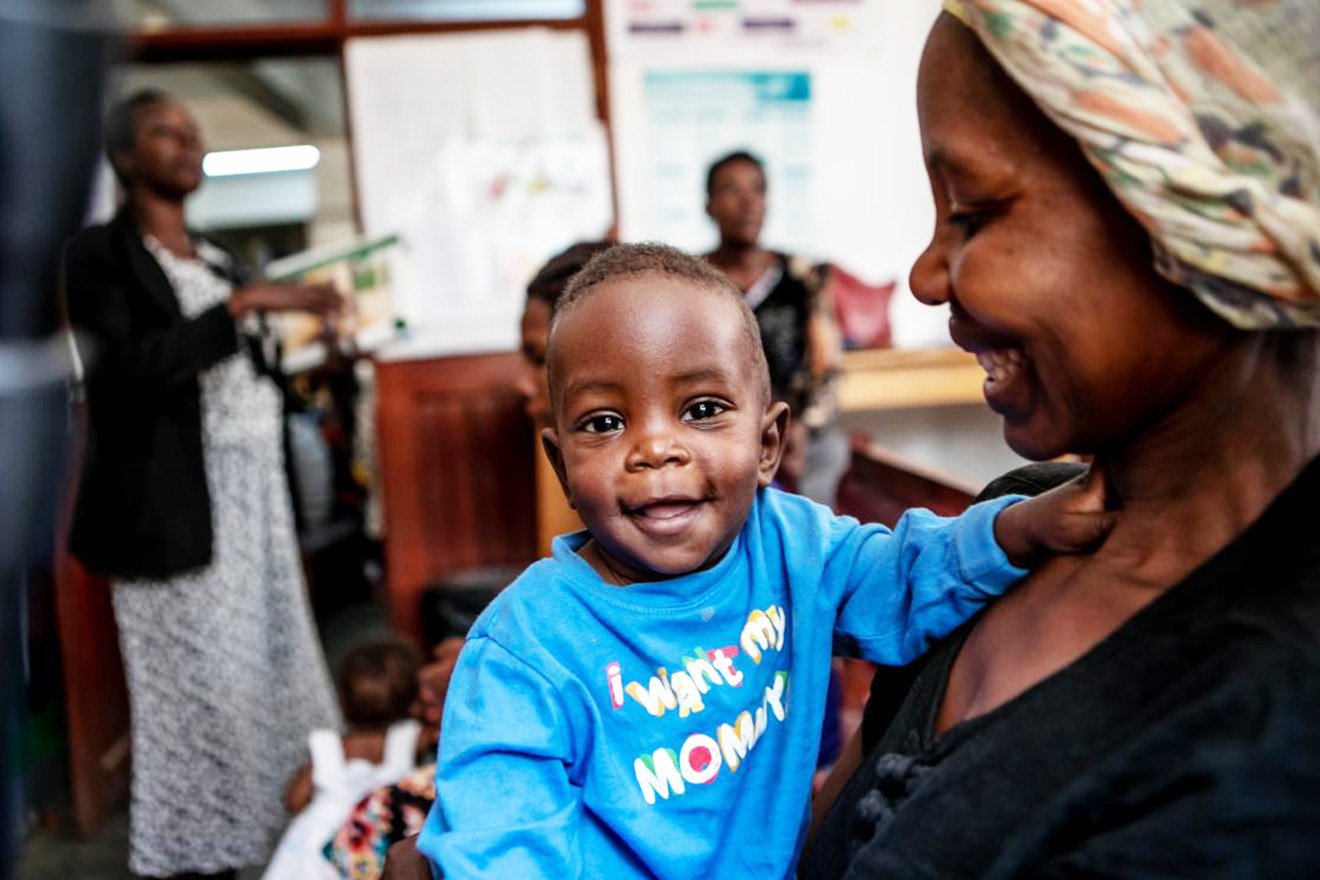From the first all-woman spacewalk to Sudanese women leading the country’s revolution, the last 12 months have seen some incredible achievements by and for women. Next year, 2020, is expected to be an even bigger year for women’s rights worldwide. It will mark several milestones, such as the 25th anniversary of the Beijing Platform for Action, the most progressive global agenda for women’s rights adopted by 189 countries in 1995, and five years since the adoption of the Sustainable Development Goals, among others. Women’s rights can’t wait, won’t wait. As 2019 comes to an end, we’re taking a look back at some of the memorable moments for gender equality and women’s rights around the world.
World leaders called for a decade of action to deliver the SDGs by 2030 and announced more than 100 ‘accelerated actions’—voluntary undertakings to speed up progress. Who’s doing what?
It is important to recall that everyone has the right to seek and enjoy asylum from persecution in other countries, as set out in Article 14 of the Universal Declaration of Human Rights. Rather than abiding by international law simply because it exists, we need to remind ourselves why it exists. It is rooted in our collective desire to protect the vulnerable and render what help we can to those most in need of it.
With sustainability in mind, and in an effort to help combat high maternal and child mortality rates in Myanmar, UNOPS helped build 21 primary healthcare centres in rural and peri-urban communities throughout the country. In a country with one of the highest maternal mortality and under-five mortality rates in Southeast Asia, improved quality of services at healthcare centres and clinics is desperately needed to strengthen the healthcare system and improve access to health for all.
How the World Food Programme (WFP) helped one woman in Bolivia revive land lost to floods — and make a Christmas feast.
From hurricane Dorian in the Bahamas, to the elimination of malaria in Argentina and rabies transmitted by dogs in Mexico, 2019 was a year marked by both challenges and achievements in public health in the Americas.
Today, there are more refugees than directly after World War II. The World Bank is helping refugees and host communities directly. Also, by addressing the underlying drivers of conflict, it's aiming to reduce factors causing people to flee their homes.
If most problems come from the land, so do the solutions. With sustainable land management practices, it is possible to mitigate, and reverse, some of the effects of climate change and land degradation. IFAD is funding 2 projects in Tajikistan.
Global growth this year recorded its weakest pace since the global financial crisis a decade ago, reflecting common influences across countries and country-specific factors. Rising trade barriers and associated uncertainty weighed on business sentiment and activity globally. In some cases, these developments magnified cyclical and structural slowdowns already under way. Further pressures came from country-specific weakness in large emerging market economies. Worsening macroeconomic stress related to tighter financial conditions, geopolitical tensions, and social unrest rounded out the difficult picture.
Yet, there were bright spots. Will they translate into stronger global growth next year? Find out more in the IMF's Year In Review, and when the IMF releases its World Economic Outlook Update on January 20.
Whether you are planning an end of the year celebration for your organization or a get-together with friends, you can make your event better for the planet. Here are some ideas of how to make your holiday gatherings greener.
Access to health is a basic right, one that is central to a life of dignity. Maternal health is still one of the biggest concerns worldwide. In a three-part series, UNOPS explores the trials, triumphs and hopes of a community that live in Turkana, one of Kenya’s poorest counties.
Unhealthy eating is one of the main risk factor of deaths caused by non-communicable diseases. The Right to Food is not just about access to food, it is about access to nutritious food. The Right to Food Watch in Spain (ODA-E) wants to stop unhealthy eating.
The world of work is undergoing a profound transformation. Globalization and technological change are creating new paths to prosperity but are also disrupting existing work arrangements. Digital and technological advances – including information and communication technologies – create new opportunities for workers and enterprises. But that’s just the tip of the iceberg. The ILO has identified some key sectors that are likely to generate the jobs of the future. The evolution of the world of work will require new skill sets and an emphasis on lifelong learning.
Treating HIV-Positive Children with Speed and Skill

